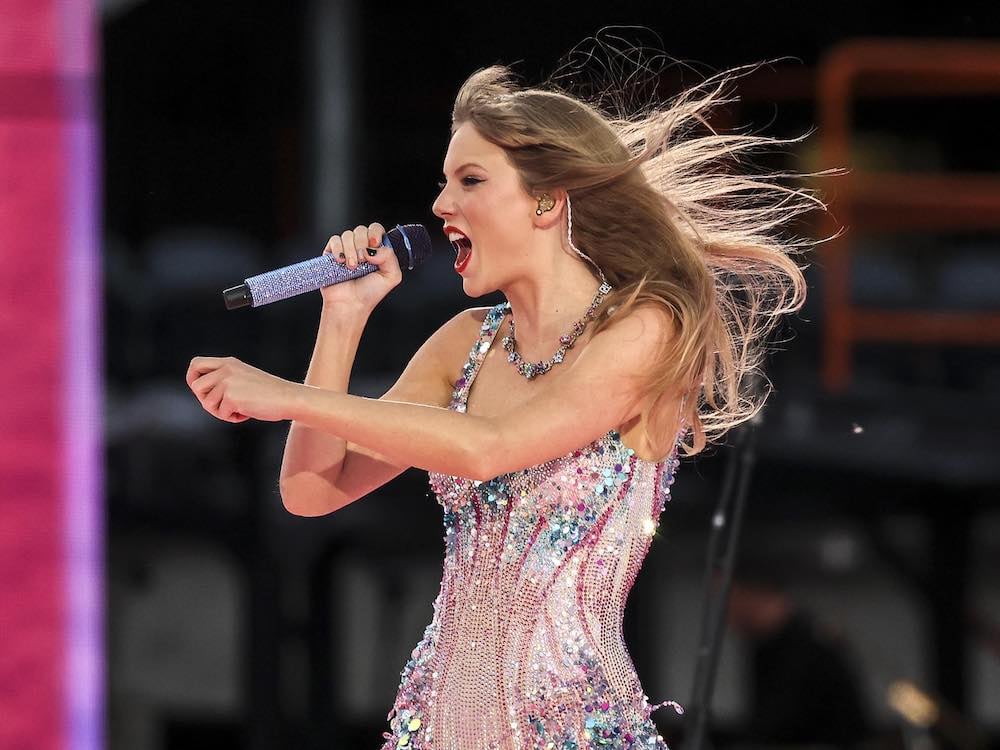you dont need a max wage if you tax effectively. it would be 100% past a certain, massive amount.
That’s exactly how the article suggests setting the maximum.
“Wage” is rather poor wording then.
How does that work when the super rich don’t pay any taxes to begin with? How do you tax wealth? How do you tax loans against shares?
You tax holdings.
One of the challenges is of course that the wealthy don’t get paid. They own and control assets that appreciate in value.
What if we ended private ownership of businesses. I don’t mean ending ownership of businesses, but that every business became publicly tradeable. No more private ownership of businesses.
I’m not actually advocating this (yet), just curious what people think would happen if we did this.
Enshittifcation would be mandatory via forced infinite growth to profit shareholders.
Instead, we can make the employees up to middle management and lower own a minimum of 60% shares of every company that way they’re not constantly getting fucked and they actually have a voice.
If employees own 60% then they should invest 60% of a company capital.
They are. With their time, whether that probationary or goes away if you do + some other obvious grey areas. This whole “business owners are taking all the risk so they have more money they can ever spend” nonsense is costing us, costing the government, and costing the environment. Shit has got to go.
Open your own business.
I wasn’t born with money stolen via exploitation. Not an option for me and 95% of the planet.
You don’t need much money to open a business. You just need to pay a small fee to register a company, anyone can manage that.
Does this small fee include cushion money for not turning a profit in years?
This is going to get downvoted ):
Preventing people from becoming rich is not what we should be focused on. A maximum wage is a good headline but doesn’t make any sense at all (read other comments on this post).
We should be focused on eliminating poverty and building up the middle class.
I hate the reality of super rich people existing in a world where millions starve to death or don’t have access to clean drinking water, but rather than focus on eliminating the ultra wealthy (which just won’t happen), we should be pushing to lift people out of poverty, which might happen if push comes to shove.
You know… it might be just a little bit easier (/s) to take people out of poverty if the trillions didn’t go to pockets of ultra rich and the companies.
In a limited capital economy (and we are in such an economy despite capitalists thinking we’re not) every dollar that ends up in a pocket of ultra rich is a dollar that cannot be spent on food and housing by regular people.
Every single dollar in companies and ultra rich pockets comes from regular people’s work. Thus, if someone despite working lives in poverty then they are actively being exploited by the ultra rich. Jeff Bezos and Amazon workers living on food stamps is a great example.
We simply can’t take everyone out of poverty if we don’t distribute the money even slightly more fairly.
How about we just execute the richest person every 3 months?
You can move to North Korea and enjoy life without rich people without killing anyone.
I’d like to know more about how this is supposed to work.
What is considered a wage? Is it net worth, increase in worth from one year to the next? Liquid capital?
Are benefits (insurance, child care, etc) counted towards this wage cap? What about company cars or housing? What about profit sharing through bonuses and / or stock grants?
Would loans be counted towards the wage cap? If not, can you borrow more than the wage cap?
What happens if you own a home or business that is worth more than the wage cap? Would you only be able to sell that commodity for the wage cap or would any excess of the wage cap be spread over multiple years?
Would inheritance or “gifts” be tallied towards the wage cap? Would donations to charitable organizations offset the wage cap?
Would companies be subject to these caps? What if a person incorporated, had all of their wealth and earnings go through that incorporation which they had sole discretion and control over the use of those funds?
What about foreign entities? Would people, companies, or even governments from other countries who exceed the maximum wage be allowed to buy / sell goods, direct / manage corporate interests, invest in land or stocks, or even reside in a country with a maximum wage? What authority or oversight would exist to even identify such a wage of a foreign entity? Or
Every single one of those questions represents a potential loophole that could be exploited to circumvent a “maximum wage” and I’m sure that somebody who has studied or worked in finance could think of others.
To be fair, there are a number of countries that already have a wealth tax. So it wouldn’t be some insurmountable concept.
There are less and less of them because taxing wealth doesn’t work.




